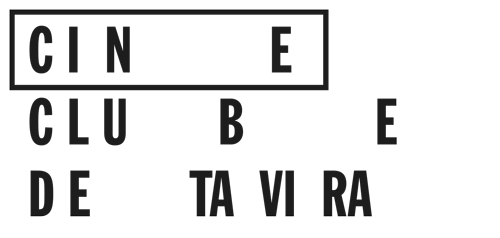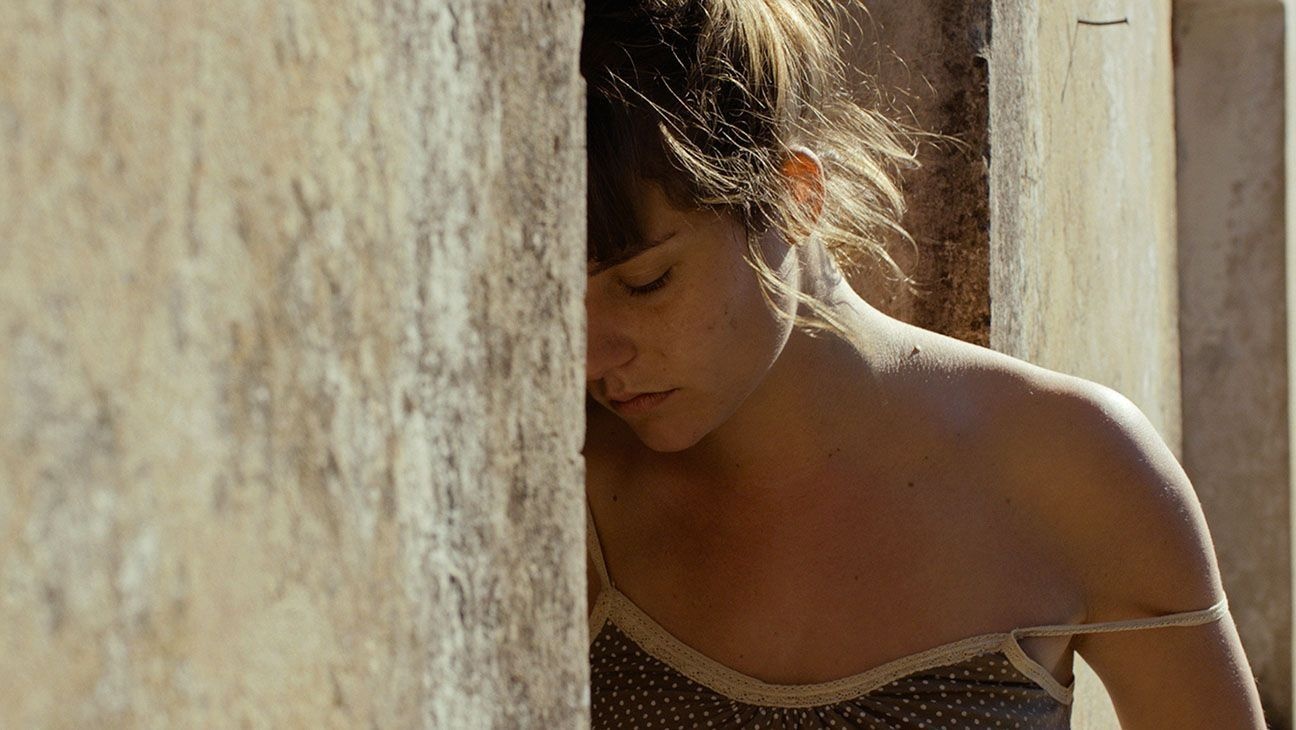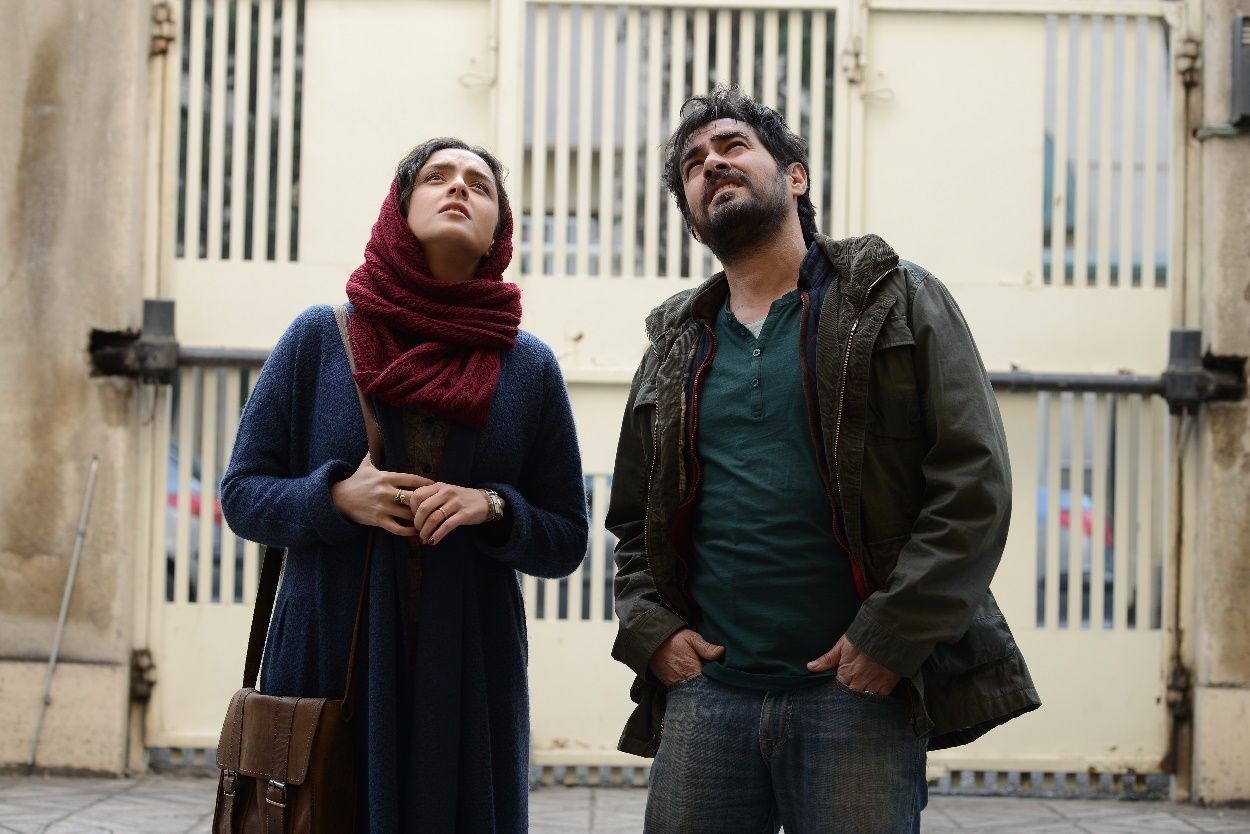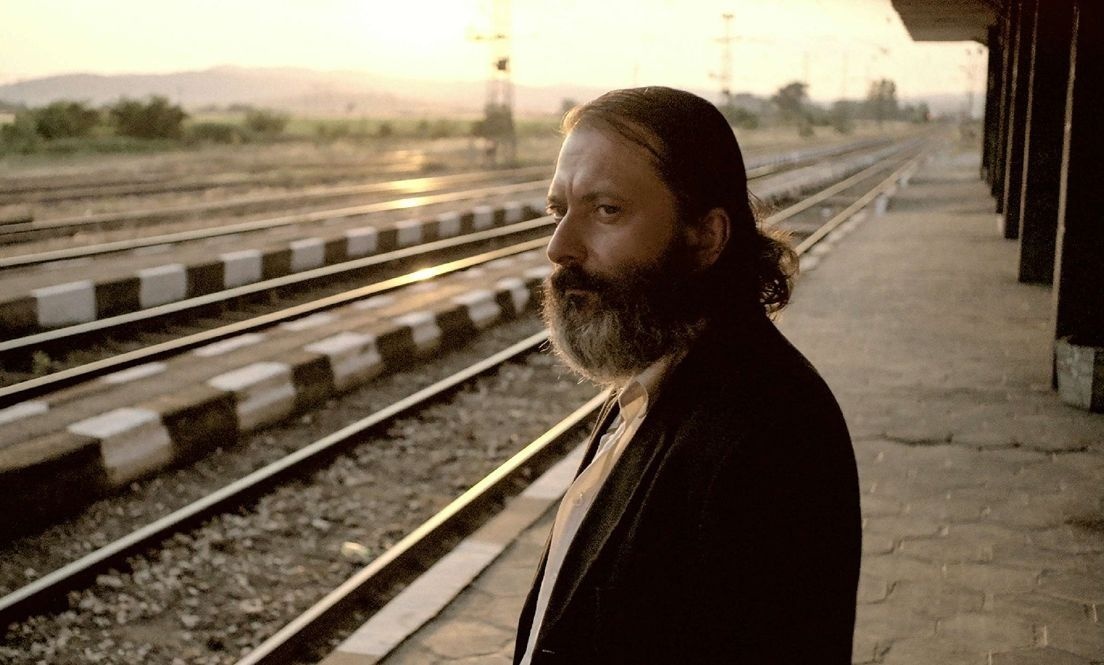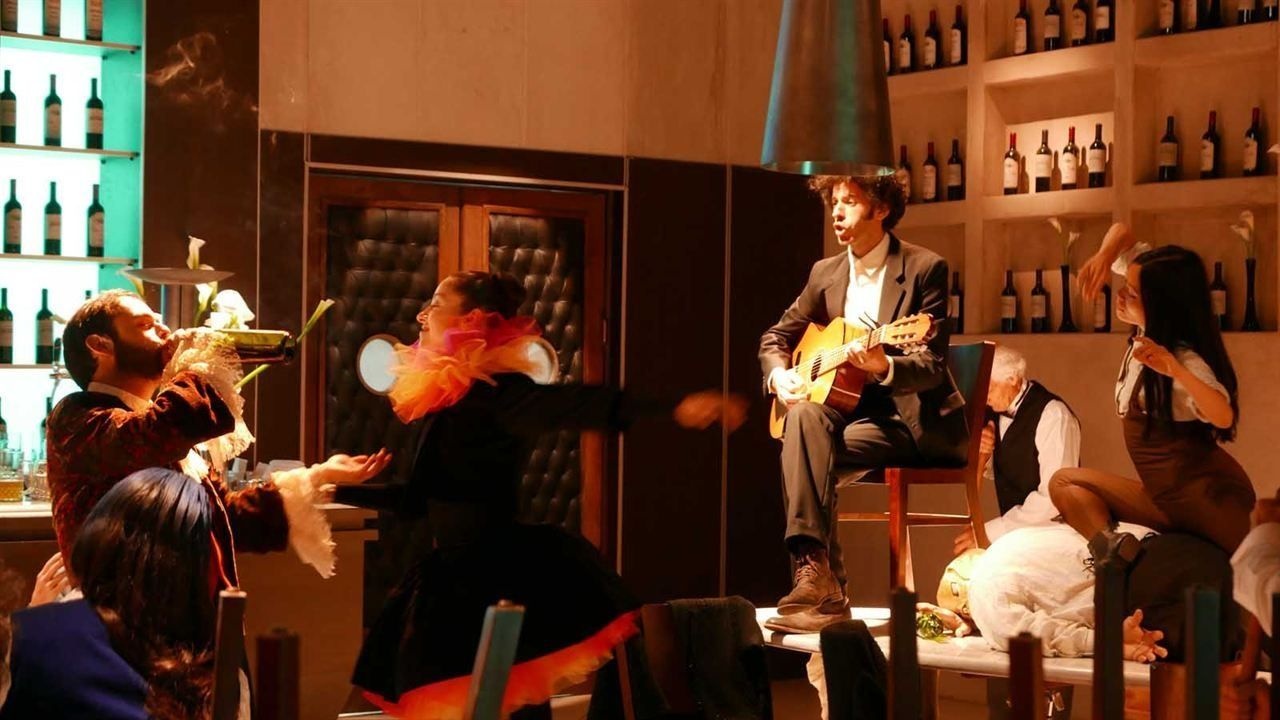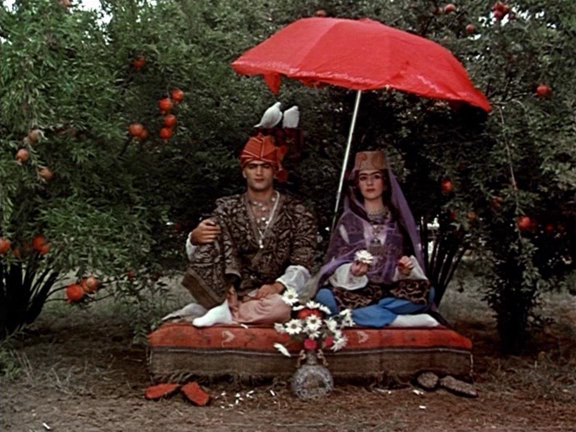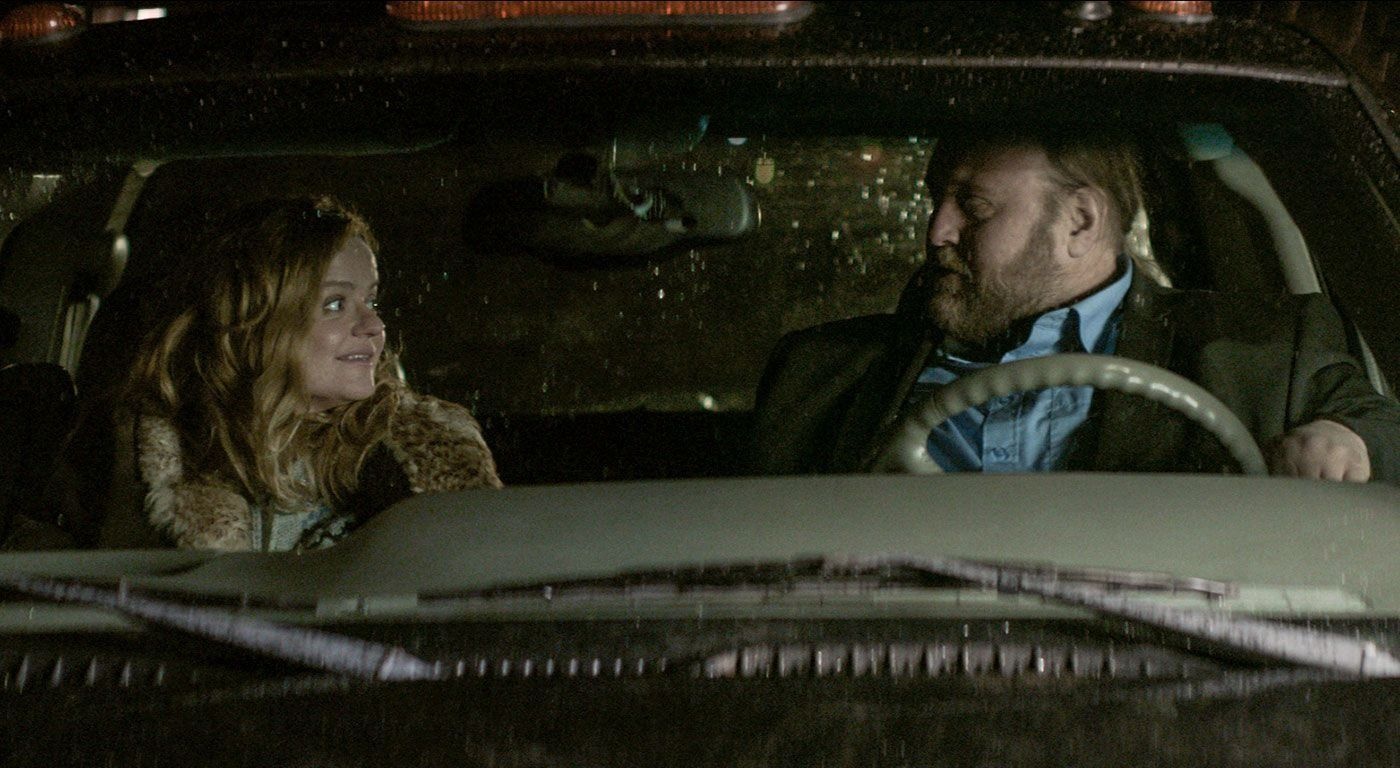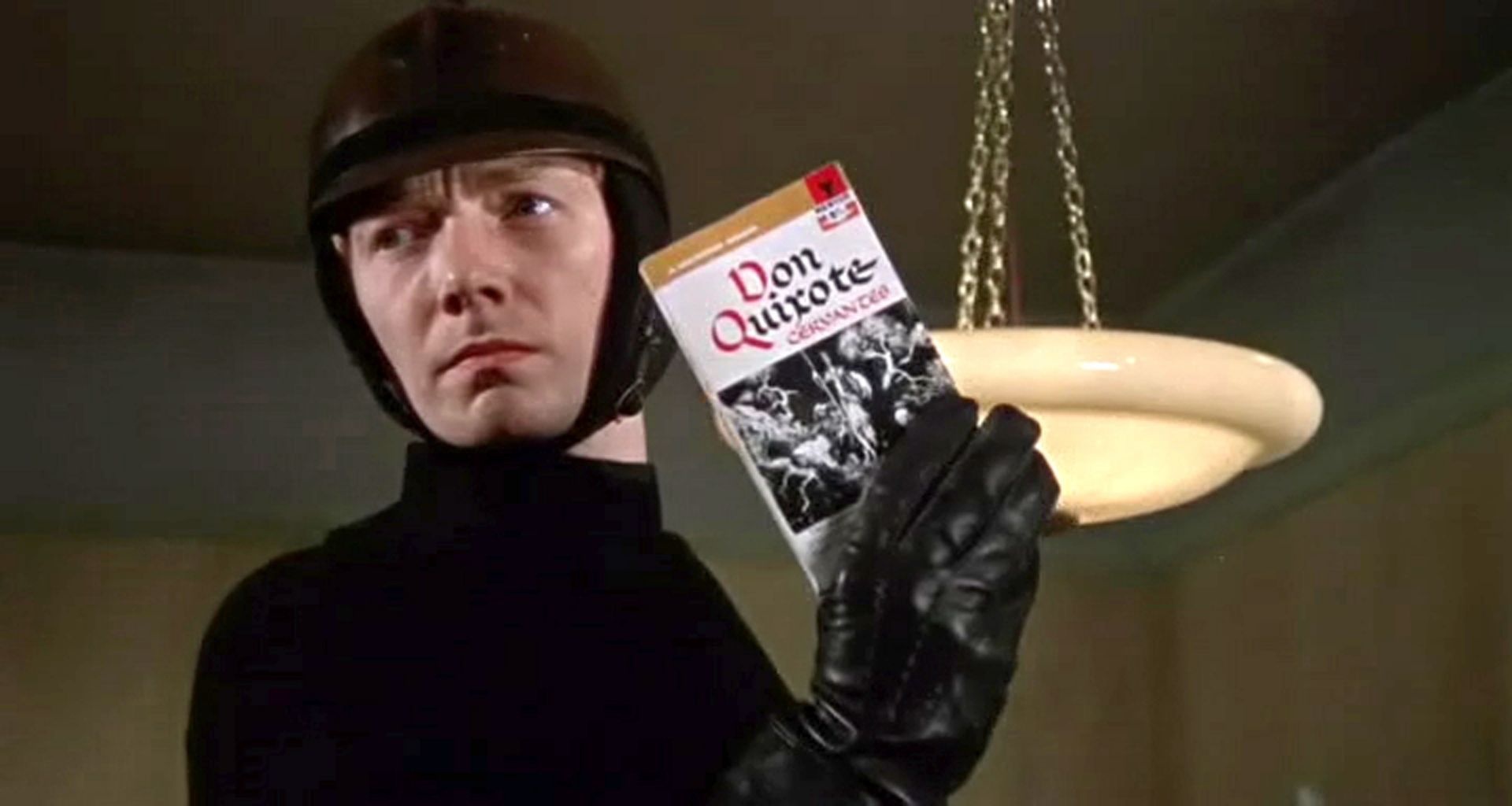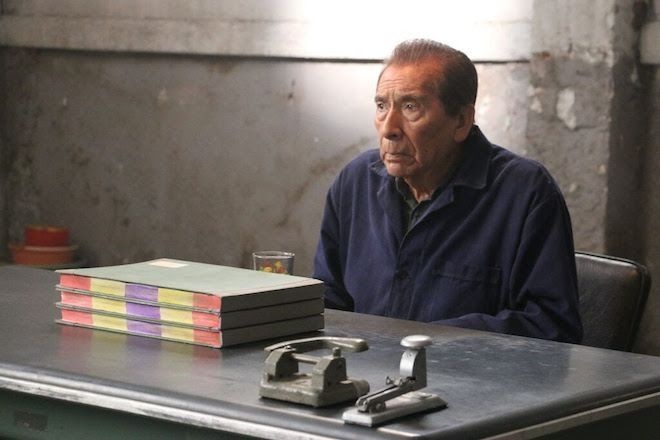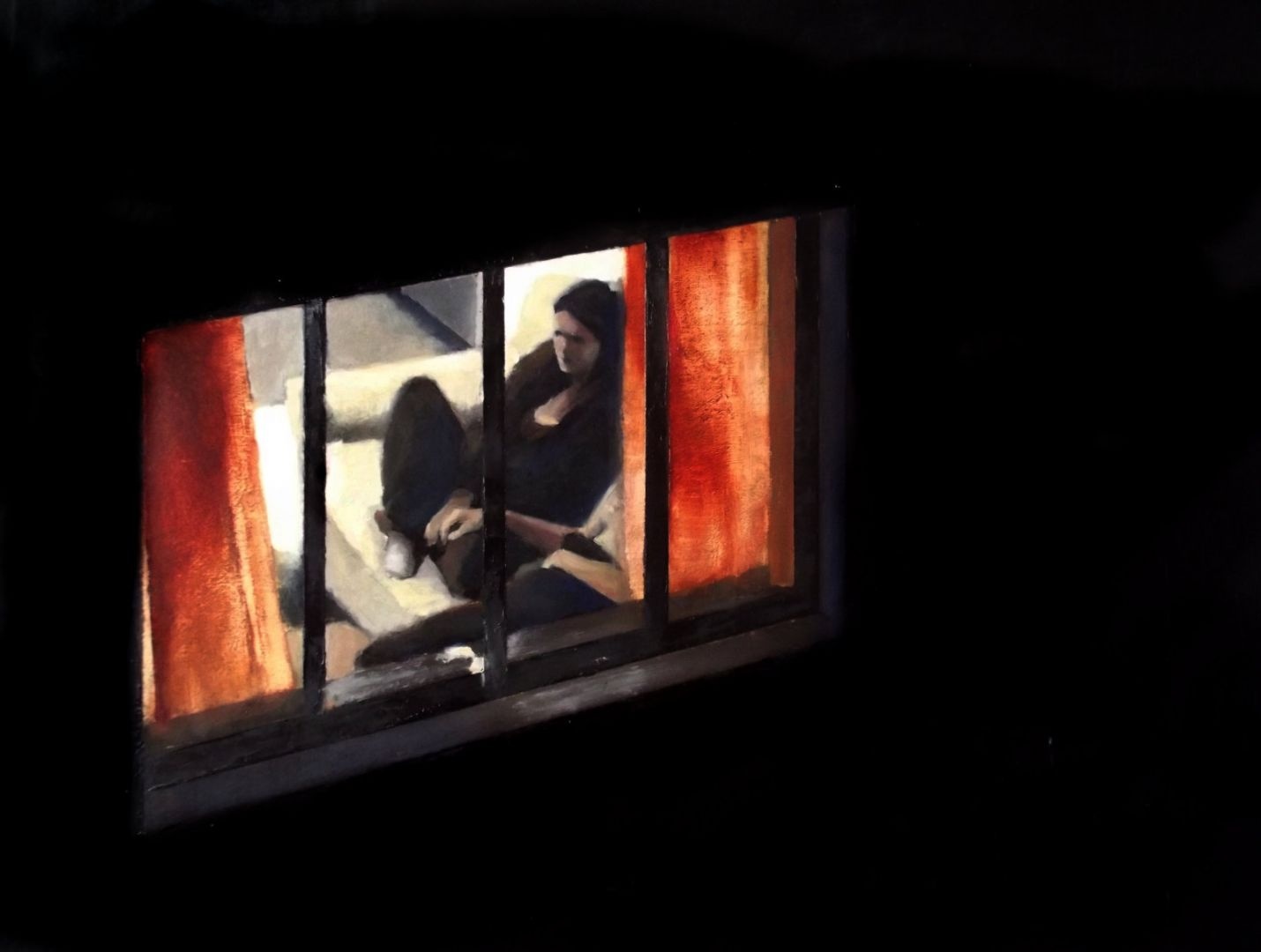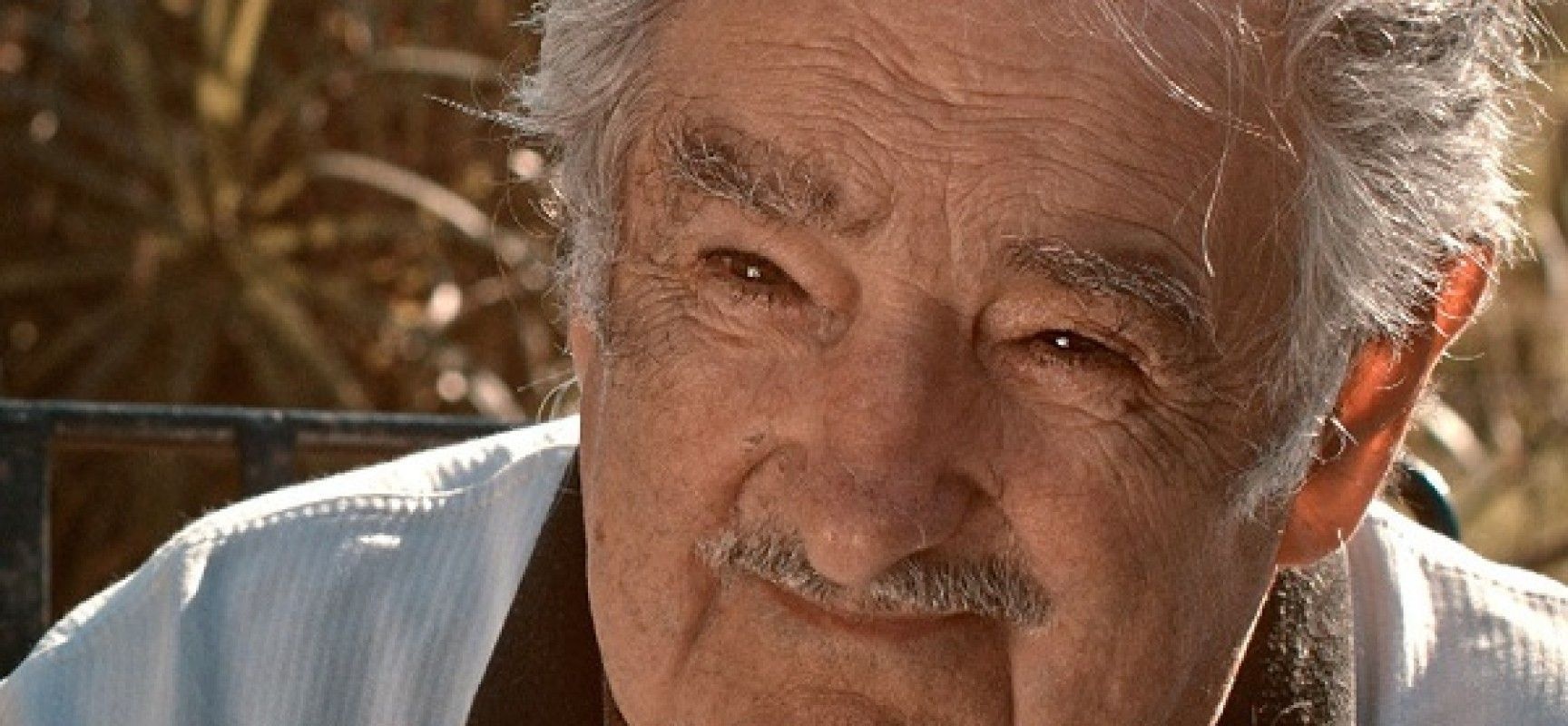Archive
Drama, romance – SI/HR/RS, 2015, 123 min – M/12 – V.O. em Croata– English Subtitles / Legendado em Português
Realização e Argumento: Dalibor Matanić· Fotografia: Marko Brdar · Com: Tihana Lazovic, Goran Markovic, Nives Ivankovic
Synopsis:
The High Sun, A Romeo and Juliet romance set against the backdrop of the Yugoslav Wars, is steered by an undiluted and pure passion. It is the emotional that determines all actions and outcomes. A passion which sweeps away all of the characters, leaving nothing in it's wake, not even a refuge to rebuild their lives. Winner of the Un Certain Regard jury prize in the 2015 Cannes Film Festival, The High Sun unveils, in three different narratives, the more intimate aspects of the effects of the war. Matanič, with these three stories, which in a sense replicate each other, wishes to convey to Us the fatal cycle of repetition that the characters are trapped in; the reappearance of hatred, of which Nature (the lake) and the houses of both villages are witnesses to. Nevertheless, it is the responsibility of fiction that the director calls on in order to write the ending to this infernal cycle: opening the door and finding a means to escape.
2015: Festival de Cannes: Prémio especial do Júri, Un Certain Regard
2015: Satellite Awards: Nomeado melhor filme de língua não inglesa
2016: Prémios do Cinema Europeu: Nomeado prémio do público
Suspense, drama – IR/FR, 2016, 125 min – M/12 – V.O. em Persa – English Subtitles / Legendado em Português
Realização e Argumento: Asghar Farhadi · Fotografia: Hossein Jafarian · Com: Shahab Hosseini, Taraneh Alidoosti, Babak Karimi
Synopsis:
After winning his second Oscar for Best Foreign Film this year, Asghar Fahardi didn’t attend the ceremony as a protest against Trump’s discriminatory laws. Working again with two of his favourite actors, Shahab Hosseini and Taraneh Alidousti, the Iranian filmmaker tells the sentimental relationship of a couple of theatre actors, Emad and Rana. Their peaceful and stable marriage will be shaken when they’re forced to move house. The story develops in parallel to the actors staging of Arthur Miller’s play Death of a Salesman (1949). The parallelism between Miller’s and Fahardi’s works rests on the pace of an excellent script and the dramatic crescendo of both storylines that develop simultaneously. With great delicacy, Fahardi exposes in his brilliant denouement some ethical questions about guilt, shame for other people’s opinions, pride, thirst for revenge, forgiveness, but also about social prejudices. The Salesman questions the sexist education in Iranian society which applies to all societies. A story full of layers, with humane characters – with faults and virtues- which results in an extremely well told film.
2016: Prémios Óscar: Melhor filme de língua não inglesa
2016: Globos de Ouro: Nomeado melhor filme de língua não inglesa
2016: Festival de Cannes: Melhor actor (Shahab Hosseini) e guião
2016: National Board of Review (NBR): Melhor filme de língua não inglesa
2016: Critics Choice Awards: Nomeado melhor filme de língua não inglesa
2016: Festival Internacional de Valladolid - Seminci: Secção oficial
2016: Satellite Awards: Melhor filme de língua não inglesa
Drama, comédia – BG/GR, 2016, 101 min – M/14 – V.O. em Búlgaro – English Subtitles / Legendado em Português
Realização: Kristina Grozeva, Petar Valchanov · Argumento: Kristina Grozeva, Decho Taralezhkov · Com: Stefan Denolyubov, Margita Gosheva, Milko Lazarov
Synopsis:
Socio-political gem and the most successful film in The Festival of Gijon 2016, Glory is a sarcastic portrait and criticism of the Bulgarian society which shows two very different sides of the country. This is the second film of the Bulgarian Kristina Gozeva and Petar Valchanov, part of their “newspaper-clippings trilogy”, after the first film The Lesson (Urok). Social cinema, using a humorous way to describe how top politicians are ready to do whatever it takes to keep their positions, no matter what. Don’t miss it!
2016: Festival de Locarno: Competição Internacional
2016: Festival de Gijón: Melhor filme, guião e prémio FIPRESCI
Fantasia, biografia, drama – CL/FR/GB/JP, 2016, 128 min – M/16 – V.O. em Espanhol – English Subtitles / Legendado em Português
Realização e Argumento: Alejandro Jodorowsky · Fotografia: Christopher Doyle · Com: Alejandro Jodorowsky, Brontis Jodorowsky, Leandro Taub
Synopsis:
Endless poetry is the second part of Alejandro Jodorowsky’s autobiographical trilogy. The 86 year-old psychomagician and director surprises us again with this film, as funny as it is disconcerting. The film, starring Jodorowsky’s sons, is set in the period of the director´s life when he left home to submerge himself in the bohemian life of Santiago de Chile, up until he moved to Paris in the 50’s.
In this film we feel a reclaimed urge to exorcize the past. It´s a true act of psychomagic, with explicit references to Major Arcana such as The Star or The Hanged Man. This method, developed by Jodorowsky himself, is based on the premise that the unconscious doesn’t distinguish between symbolic actions and true facts, so it can be used to heal certain psychological traumas.
Thanks to the magic of cinema, Jodorowsky returns to the past to heal wounds, embracing his father and receiving his forgiveness, something that in real life never happened.
The Cannes Film Festival audience praised with a standing ovation of more than 10 minutes!
Film with Live Music by “Los niños muertos”
Fantasia, drama – URSS, 1988, 73 min – V.O. em Georgiano e Azeri – English Subtitles / Legendado em Português
Realização: Sergei Parajanov, Dobo Abashidze · Argumento: Gia Badridze · Fotografia: Albert Yavuryan · Com: Yuri Mgoyan, Sofiko Chiaureli, Ramaz Chkhikvadze
Synopsis:
Based on a story by the Russian author Mikhail Lermontov, Ashik Kerib has the texture of an ancient, oft-told bed time story. Kerib, a poor but kind-hearted man is in love with Magul-Megeri, beautiful daughter of a local rich man. The feeling is mutual, but Magul-Megeri’s father would rather she married Kurshudbek, a brutish rich man. Ashik Kerib makes a deal: he’ll wander the world for 7 years hoping to accumulate enough money to afford the wedding. The film uses a frontal approach which avoids depth. Thus, it creates the effect of the iconographic paintings of the Islamic miniatures, presenting the characters as if they were masks. These can be seen in the dedicated Parajanov museum in Yerevan, in the Armenian Republic. Godard said:”In the temple of cinema, there are images, light and reality. Sergei Parajanov was the master of that temple”. The film about the troubadour Kerib is a sensual delight and an encounter with the past. It presents the rites of the Zaherí culture through profane and sacred objects, prodigiously accompanied by the saz or kopuz, a string musical instrument. The second Parajanov film to be accompanied live music in the Cineclube of Tavira.
“Los Ninõs Muertos” will reinterpret and perform live the film soundtrack. This will be the second Parajanov movie to be accompanied live by “Los Ninõs Muertos” at Tavira's Cineclube.
1988: Prémios do Cinema Europeu: Melhor direcção de arte. 2 Nomeações
Drama, romance – IS, DK, 2015, 94 min – M/14 – V.O. em Islandês – English Subtitles / Legendado em Português
Realização e Argumento: Dagur Kári · Fotografia: Rasmus Videaek · Com: Gunnar Jónsson, Ilmur Kristjánsdóttir, Sigurjón Kjartansson
Synopsis:
This is the delightful story of a man, Fúsi, who leads a monotonous and solitary life and divides his time between his work and his mother at home. And then he meets Sjöfn, a girl who pushes him outside the protection of his routines. Virgin Mountain is narrated in a simple yet masterful way. Visually it connects with other Icelandic movies (Rams, Hross í oss, Hjartasteinn) that make use of descriptive shots and open frames of nature to underline the smallness of the human condition. The film has an urban setting, and the visual treatment combine beautiful contrasts between inside and outside shots. It is precisely by avoiding the usual setting of a vast and severe Nature, that the film better captures the social problem of isolation. The director Dagur Kári proposes to cure the diagnosed disease: the necessity to break his island condition and become permeated by the strange, the alien (“the other”). This act of becoming permeated by the alien will be one of the clearest symptoms of a change in Fúsi’s attitude towards life. This film is a gift everybody should watch to be infected by the tenderness and understanding that emanate from its main character.
2015: Festival de Tribeca: Melhor filme, actor (Jónsson) e guião
2015: Festival de Valladolid - Seminci: Melhor actor (Jónsson)
2015: Festival de Berlim – Selecção Oficial
Versão Restaurada
Ficção Científica – GB, 1966, 112 min – V.O. em Inglês – Legendado em Português
Realização: François Truffaut · Argumento: François Truffaut, Jean-Louis Richard · Fotografia: Nicolas Roeg · Com: Julie Christie, Oskar Werner, Anton Diffring
Synopsis:
Based on the famous book by Ray Bradbury, this film portrays a future society where books and reading are forbidden and "firemen" are charged with the responsibility of setting and maintaining fires at the 451 degrees necessary to burn paper. But not everyone is prepared to follow the rules. Bradbury thought of this dystopia (1953) during the expansion of television in the USA. It was Truffaut’s first colour film, and colour opened new creative dimensions for him. This science-fiction film contains visual and conceptual abstractions that were absent in his previous films. The filming, which took place mostly in Britain, was difficult for the director, partly because he didn’t speak English, but mostly because of a clash with the main actor Oskar Werner (Jules in Jules and Jim). Fahrenheit 451 still stands out as a surprisingly audacious film. A fantastic classic for all, especially recommended for young audiences. Don’t miss it!
1966: Festival de Veneza: Nomeado Leão de Ouro
1966: Prémios BAFTA: Nomeada melhor actriz britânica (Julie Christie)
Premiere in Portugal
Comédia, drama – MX, 2015, 93 min – M/14 – V.O. em Espanhol – English Subtitles / Legendado em Português
Realização: Jack Zagha Kababie · Argumento: David Desola · Fotografia: Claudio Rocha · Com: Hoze Meléndez, José Carlos Ruiz
Synopsis:
Almacenados (Stored) is a film that will make you laugh. It describes what happens to the two main characters during a week at work, a warehouse manager about to retire and the young man who is to take over. The original play by Spanish playwright David Desolá achieved worldwide recognition and was performed in theatres in Mexico. This film adaptation in 2015 by Jack Zagha Kababie is a bitter-sweet reflection on old age, generation challenges, and the always turbulent nature of work. With an austere proposal and a slow but steady pace, Almacenados is a funny and intelligent film. It perfectly confronts routine, captures the sharpest and most grotesque side of reality and thus turns around situations that may, at first, seem hopeless.
2016: Prémios Ariel: Nomeações melhor actor (Ruiz), coactor (Meléndez) e guião adaptado
2016: Festival de Gijón: Prémio do público
Oficina: Centro Ciência Viva (Laboratório) – Claustros do Convento do Carmo
Exposição: Claustros do Convento do Carmo
Entre os dias 17 a 21 de Julho no âmbito da Mostra- ar livre cinema17, em Tavira, decorrerá a Oficina de Desenho para Narrativa a cargo do artista Marco Mendes, sediado no Porto. Os participantes virão a conhecer as características específicas da narrativa gráfica, com uma abordagem artística. A oficina terá também um aspecto funcional, entendendo o desenho para narrativa como uma ferramenta fundamental para a simulação e orientação do trabalho artístico, muito útil também para outras disciplinas, nomeadamente, ilustração, cinema, teatro, dança, performance, etc…
As inscrições já estão abertas e as vagas são limitadas. Os interessados poderão participar num dia à solta ou no curso completo. Formulário para preencher em baixo !
Datas: 17,18,19,20, e 21 de Julho de 2017
Horários: Sessões diárias de 3 horas das 18h às 21h
Preço:
10 euros dia / 40 euros semana
Sócios – 8 euros dia / 30 euros semana
Máximo de 12 participantes por dia
Programa:
1º Dia - Banda Desenhada para todos. Neste workshop vamos inventar e desenhar as histórias mais loucas e divertidas. Público alvo: dos 7 aos 12 anos Material necessário: lápis, canetas pretas finas e grossas, folhas A3, corrector.
2º Dia - Confissões e Ficções. Neste workshop vamos desenhar narrativas a partir da nossa experiência pessoal. Público alvo: a partir dos 12 anos. Material necessário: lápis, canetas pretas finas e grossas, folhas A3, corrector.
3º dia - Introdução ao desenho à vista. Medidas e proporções, desenho estrutural, claro-escuro. Público alvo: acima dos 15 anos. Material necessário: lápis, folhas A3.
4º dia - Desenho de memória - Figuras no espaço. Perspectiva linear, campo visual, desenho de figura. Público alvo: acima dos 15 anos. Material necessário: lápis, canetas pretas finas e grossas, folhas A3, corrector.
5º dia - A Cor e o Claro-escuro no Desenho de Memória. Sombras próprias e projectadas. Perspectiva atmosférica. Teoria da cor: saturação, temperatura e complementaridade. Público alvo: acima dos 15 anos. Material necessário: lápis, marcadores de cores diferentes, aguarelas ou guaches, folhas A3, corrector.
Marco Mendes (Coimbra, 1978) Licenciado em Design de Comunicação pela Faculdade de Belas Artes da Universidade do Porto. Autor de banda desenhada, ilustrador, artista plástico e professor. Membro fundador do Clube de Desenho, do Porto. Criou com Miguel Carneiro o colectivo artístico e editorial A Mula, em 2006, responsável pela publicação de diversas antologias de banda desenhada, ilustração e artes plásticas, bem como por inúmeras exposições colectivas, em Portugal e no estrangeiro. Publicou em 2008 o livro "Tomorrow the Chinese Will Deliver the Pandas", pela Plana Press, em Maio de 2012 a novela gráfica "Diário Rasgado", que compila uma série de BD's autobiográficas, em 2013 o álbum de desenhos "Anos Dourados" e em 2014 a novela gráfica "Zombie", todos pela Mundo Fantasma.
Premiere in Portugal
Documentário – ES, 2016, 83 min – M/12 – V.O. em ES/FR/JP – English Subtitles / Legendado em Português
Realização e Argumento: Guillermo García López · Fotografia: Pablo Burmann · Música: Zeltia Montes
Synopsis:
A Goya award for best documentary in 2016. The film just follows the lives of a group of people, each of them in a different part of the planet and each of them having different reasons to feel humiliated. A Japanese businessman in Tokio whose life revolves around consumerism and working for his company. A sub-Saharan community in Monte Gurugú, on the north coast of Africa that risk their lives again and again trying to cross to “the first world”. A family in Madrid, that in spite of their efforts to have a “normal” life, as it’s understood by the system, ends up being evicted. Three stories of contradictions that take place in different parts of the world. And centre to all these, like a spinal column, the lucid and ingenious speech of the former Uruguayan president, José Alberto Mujica. Fragile Balance doesn’t try to teach or describe, just shows what’s there, what’s happening.
2017: Prémios Platino: Nomeado melhor documentário
2016: Prémios Goya: Melhor documentário. 2 Nomeações
